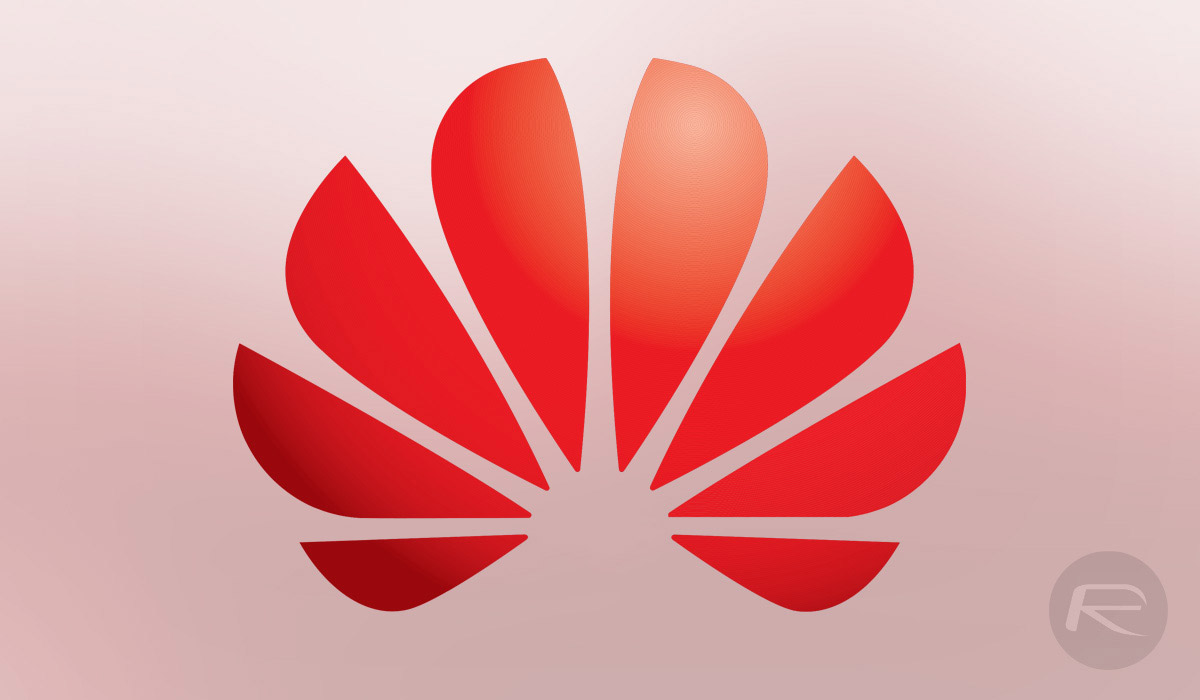Huawei has been threatening to sue the U.S. government over legislation that prevents agencies from buying its products, and now the Chinese firm has come good on those threats.
The complain, filed with a U.S. district court in Texas, sees Huawei claim that the U.S. National Defense Authorization Act, or parts of it, are unconstitutional. The act currently limits government agency spending, with section 889 entitled “Prohibition on certain telecommunications and video surveillance services,” preventing agencies from purchasing equipment from both Huawei and ZTE.

According to a report by CNBC, Huawei claims that the provision is a “bill of attainder.” That means that Huawei believes that the act has decided that a person or persons are guilty of an act and then punishes them without the need for due process. That, according to Huawei, makes the whole thing unconstitutional.
In a statement to Reuters, Huawei Rotating Chairman Gu Ping said that “the U.S. Congress has repeatedly failed to produce any evidence to support its restrictions on Huawei products.”
“This ban not only is unlawful, but also restricts Huawei from engaging in fair competition, ultimately harming U.S. consumers,” he said. “We look forward to the court’s verdict.”
The whole situation comes after prosecutors alleged that Huawei conducted business in Iran, where it shouldn’t be doing so due to sanctions, through another company – Skycom. There are other claims relating to Huawei’s theft of trade secrets, specifically surrounding T-Mobile’s testing robot, known as Tappy. Huawei obviously believes it has done nothing wrong, or at least that is the line it is sticking within public.

This is clearly something that is going to rumble on for some time, and we don’t expect either side to back down any time soon.
You may also like to check out:
- Downgrade iOS 12.1.4 To iOS 12.1.1 Beta 3 For Jailbreak [Guide]
- Jailbreak iOS 12 / 12.1.2 / 12.1.2 Beta 3 With Unc0ver And Install Cydia, Here’s How [Tutorial]
- Jailbreak iOS 12.1.4 Using Luca’s WebKit Exploit May Soon Be Possible
- Download iOS 12.1.4 IPSW Links, OTA Update With Critical FaceTime Bug Patch
- Download iOS 12.2 Beta 3 IPSW Links, OTA Update For Your iPad Or iPhone
- Best Galaxy S10 / S10+ / S10e Case List: Here Are The Must-Haves For Protection
- Galaxy S10 / S10+ / S10e Screen Protector With Tempered Glass: Here Are The Best Ones
You can follow us on Twitter, add us to your circle on Google+ or like our Facebook page to keep yourself updated on all the latest from Microsoft, Google, Apple, and the Web.

